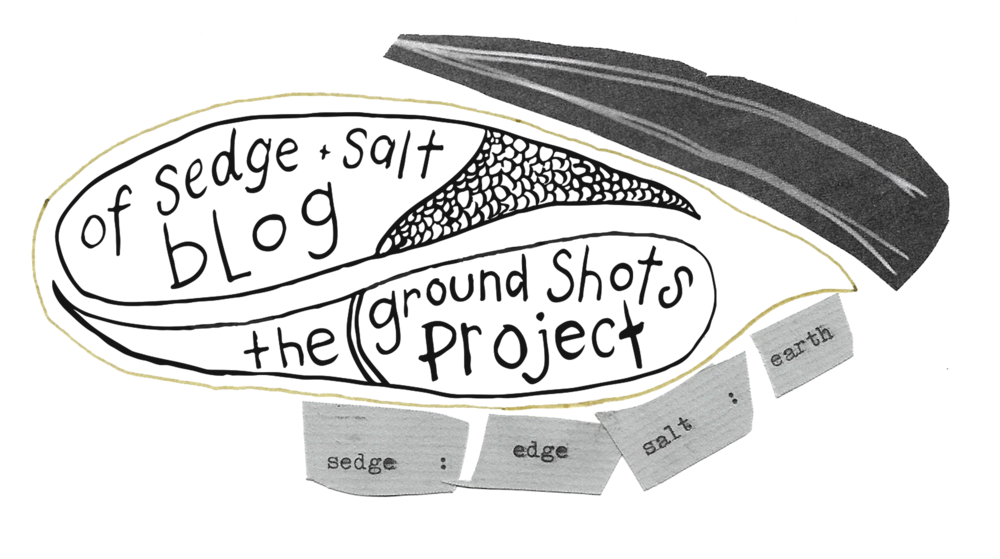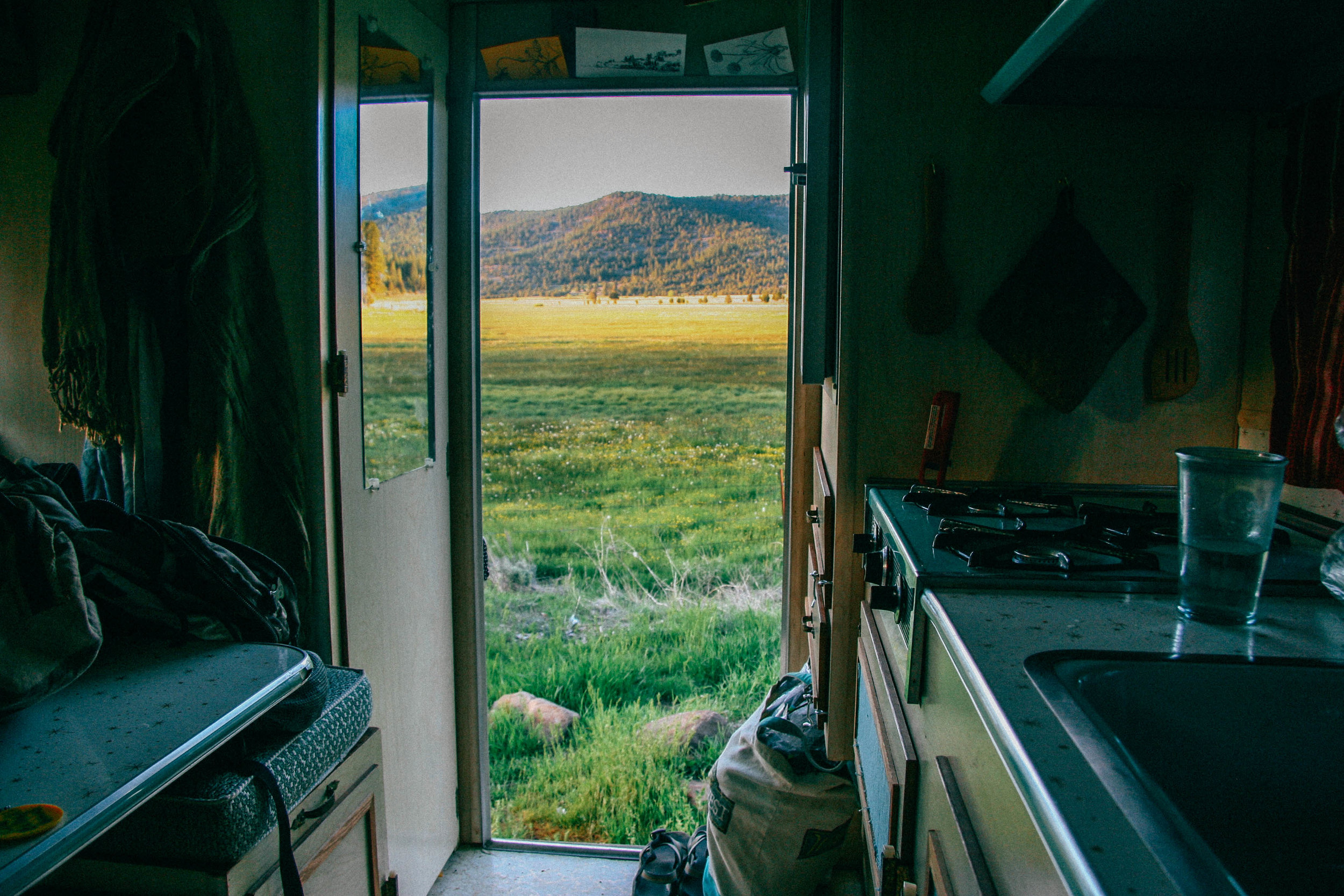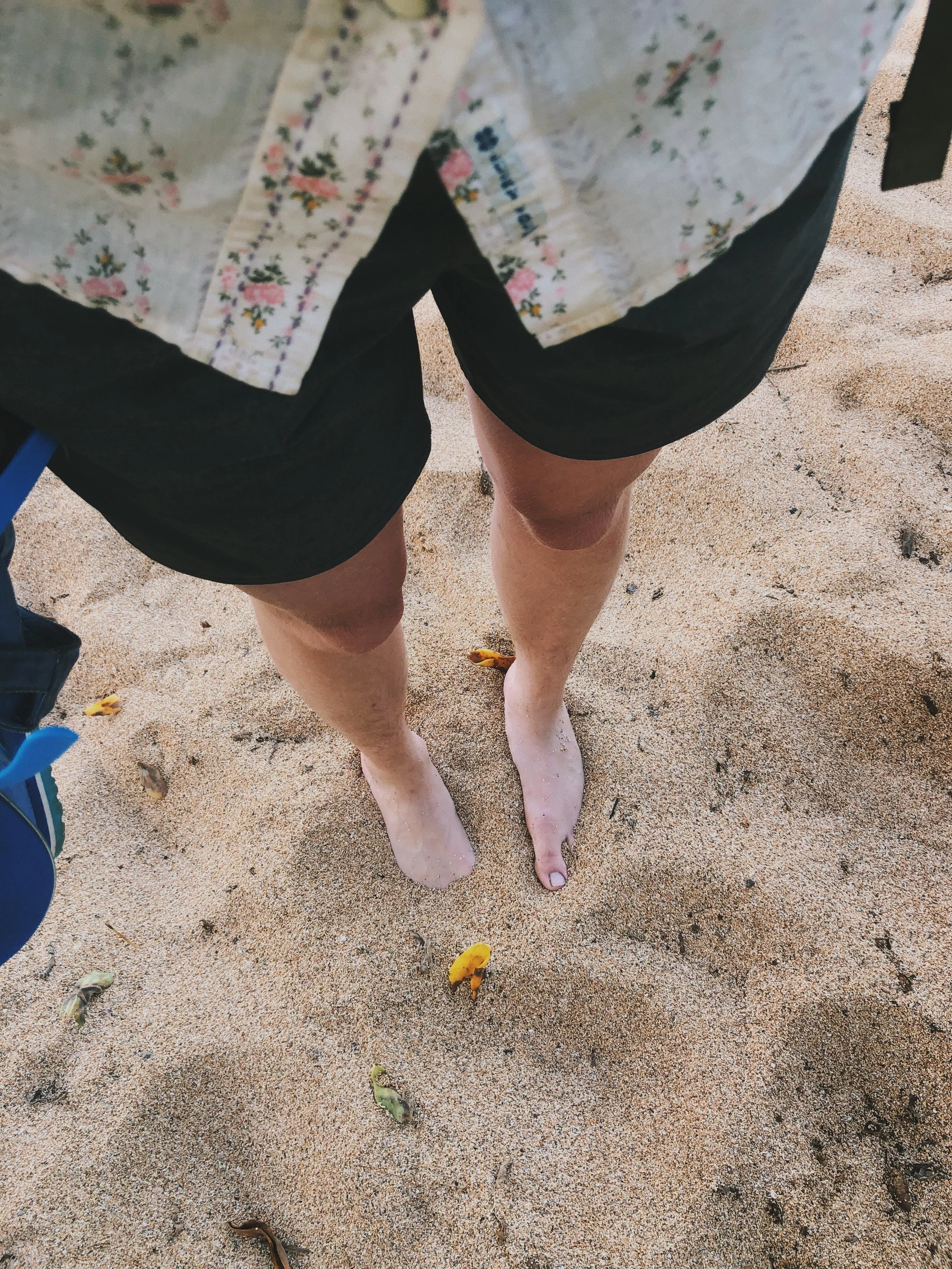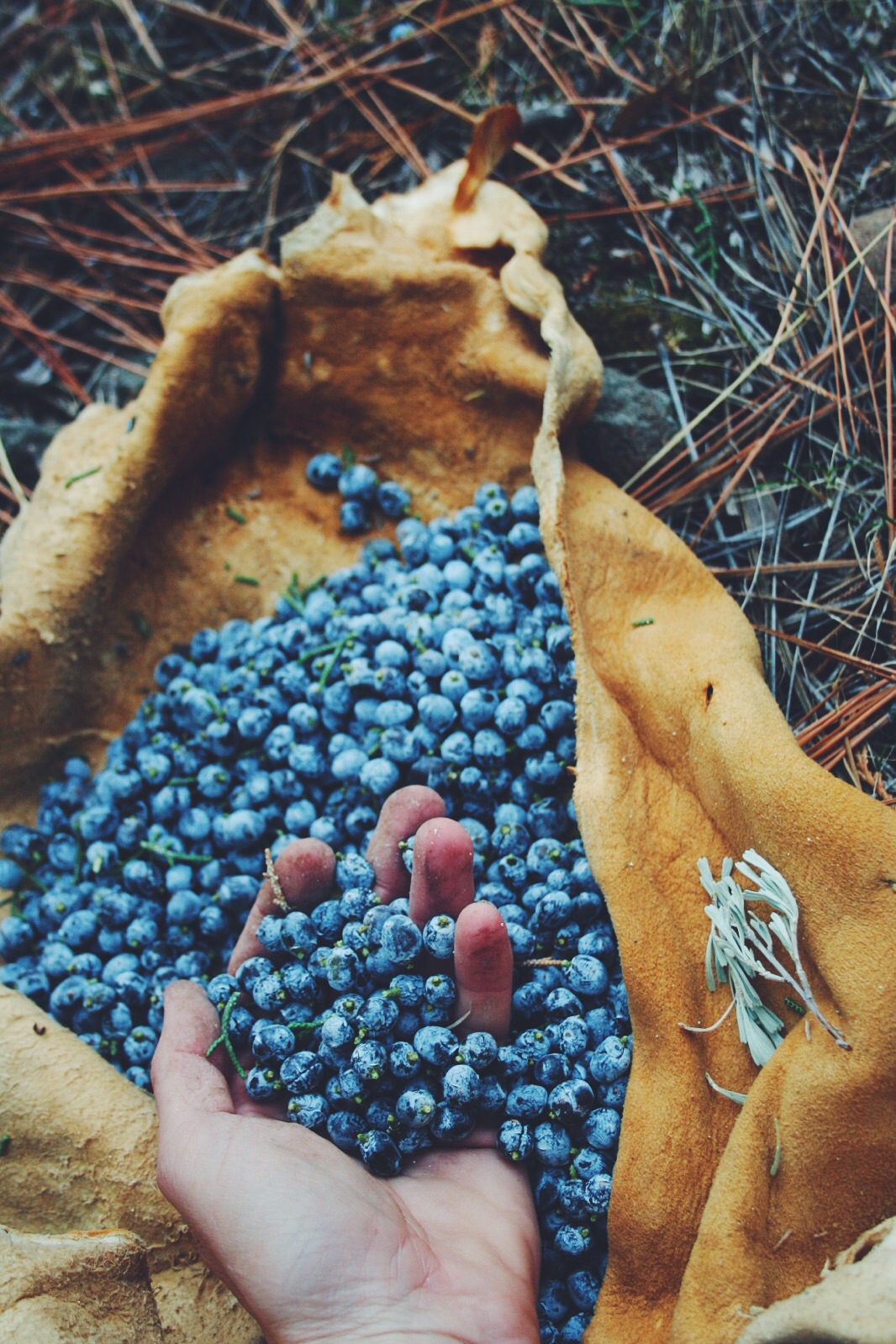In my Ground Shots zine #1/2 'Working in Resins,' zine, I included a cut-and-pasted little quick and dirty list at the end, with words on how to stay sane on the road. I don't think I have all the answers to that, and certainly feel like I am still figuring it out myself. But, I decided I'd put together some more thoughts on this since so many folks want to travel but don't know how to start, or feel the weight of fear that comes with thinking something bad could happen out there. This is meant for those that want to travel in a truck, car, or camper van, and it doesn't really touch on what is involved in hitchhiking, riding trains (legally or not) and other forms of travel. It's especially important to acknowledge how the spectrum of intersectional oppression can affect what this looks like for different people in different places. I fall on the spectrum somewhere being highly sensitive, queer, neuro-divergent, & a woman. Being white and able to blend in most places makes my experience inherently easier than it is for others to be on the road.
1. Take walks.
I really mean this. Traveling equals a lot of driving. Which is a lot of sitting. Stop every two hours if you're driving a long day and walk somewhere. Breathe the air of that place, smell the dirt, or observe the people. Get your feet solid on the ground and move your muscles. When I sleep different places, I try to get vertical right when I wake and take a walk wherever I am to wake up slowly. That quiet morning hour where everything is still sleepy-eyed and the birds are chirping is such a magical time I think about my dreams, sit with the resonance of dream state before taking in the stimulus and work of the day. It helps me to take these walks. The longer the better. Even in cities and stealth camp spots, these walks are fascinating. What does the neighborhood look like? How are people starting their mornings? What do folks have planted in their yards? What did people decide to throw out of their cars and allow to sludge up on the sidewalks? How is the wind acting as the sun rises? Use a walk to take it all in. Feel your body.
(Idaho, 2015)
2. Cook whenever possible.
It helps when you have a camper that has a stove ready to go. But for years, I used a camp stove on a tailgate or on the ground. Sometimes, this meant cooking outside in the most beautiful places ever with perfect weather, and sometimes it meant cooking in the cold pouring down rain in the extra large parking lot of a Wal-mart in South Dakota. But it means you eat a hot meal, and save money. I really try to avoid buying food in establishments as much as possible, though sometimes it has to happen. Cooking your own keeps you healthier and more connected to what you eat. Your diet doesn't have to change drastically if you take a road trip. Sometimes I feel like my diet is actually better on the road. Choosing to cook lunch instead of snack your way through continuing to drive means you stop and take a needed break.
Photo credit: Heather Pusey.
3. Drink tea.
Even if you just bought Tulsi tea bags at the grocery store and drink reboils of this tea once a day, you're doing something. When you don't feel like stopping to boil water on a camp stove, most gas stations will let you get hot water from their coffee machines for free. Sometimes they even have Green Tea or Chamomile. I tend to carry with me many bags of dried herbs that can be helpful in tea form, and mix and match my blends according to what I need at the time and how I am feeling. For example; when I was in Moab last summer, a huge heatwave had settled in and it was seriously important to stay hydrated. My camper doesn't have A/C or a fan, and I was buying several blocks of ice a day for my icebox fridge (it's old school and doesn't run on propane). I got some tea from my friend Emily of Sundial Medicinals who has an herb shop there, and had made a blend specifically for 'Sunny Days' full of herbs that help keep you cool (hello Hibiscus!). It really helped, and kept me from splurging on too many cold drinks at the local Co-op. I cold infused this tea overnight while I slept, and started drinking it in the morning. When everything else is moving and changing, drinking tea will fill your cells with medicines that help pull you towards balance, when travel can easily swing things out of balance.
(2015, traveling with Eric, somewhere in Idaho)
4. Don't drive too long.
As I mentioned before with stopping to cook, or taking early morning walks, breaks are a necessary. Don't drive too long. It's not worth it. I've done this too many times and felt like a complete zombie at the end. It will always take longer than you think. I used to drive really far because I was afraid of having to find a place to sleep or camp in areas that feel inhospitable to travelers (the midwest, for example). So, I would string together friend stays and visits, and then end up driving 12 or more hours in a day, and land at my friends' places and then feel like I should have a full hang out session after that. It was extremely exhausting. It's nice to stay with friends, but not after an insanely long day of driving. What is it worth? Sure, every blue moon, you gotta do it. It's better for your body and mind in the long run to break it up, and it gives your soul a chance to catch up to you. Nowadays, six hours at a time is the max. I find a place to stop and sleep after six hours. This still includes breaks for walks and food.
(Nevada)
(Utah)
5. Do one thing everyday.
It's hard to have routines while you're traveling. Routines are important for good heath. Yet, some people get too into their routines, ones that may actually be reinforcing unhealthy behaviors, hence why someone might actually choose to travel for awhile. To change up how their see their routines. I've never been able to feel as grounded in a routine while on the road, as I have while being in one place. When I tended a garden, I woke up and stretched and took a walk to watch the subtle changes that occurred every day with the plants and take a mental map of what needed to happen. On the road, some of my routines that I feel like I can do anywhere: writing. Morning pages, journaling, note taking, list making. I do a lot of writing. I try to do it when I wake up in the morning, write about my dreams, how I am feeling, where I am and what it feels like. I jot down some goals, ideas, inspirations. I draw too, and practice other observation work, at least once a day. Meditation. Some folks meditate first thing, and you can pretty much do this anywhere, even laying down if you can't sit up in your sleeping spot. Morning beverages. Coffee for me is a medicine of inspiration and movement, and though it is easy to overdo and get hugely dependent on, it feels good to make this drink in the mornings, no matter where I am, and do my morning writing exercises. These things can be as simple as a drinking a glass of water at the same time, working on an ongoing project, bathing slowly if you have the options (bathing will be in a different post), putting coconut oil on your body to increase your protective force field, or sweeping your space clean.
(Colorado)
6. Prioritize alone time.
Believe it or not, traveling can actually keep you constantly around people. Sure, there are immensely lonely moments, but often you are staying with folks, camped in parking lots, or in peoples' yards, and you engage your hosts. Or step out of your car and there's a person right there. For me, having plenty of alone time allows me to refill and be able to take in more information. Take a break from the subtle social nuances in the world, or having to make decisions about navigating the landscape you're in. It will make a difference. It adds up after awhile. I've taken trips where I planned every moment of every day to visit a place or see a person without time for actually resting, or grounding in a place. Or time to sit with my body and feel what's going on in there. For some folks, emotions and experiences can't be fully processed unless we're totally alone uninterrupted for a bit of time. Having personal space is a luxury we often forget is a privilege. The type of western culture Americans live in comes with a sense of entitlement to a certain amount of space, because we have built our society on the idea that we used to think there was 'limitless' space to fence in, conquer, develop and explore. It's not limitless, and we're not limitless bodies either. Even if it means locking yourself in your car and laying on your seat with a blanket over you, or going to the park and finding a tree to sit under where no one else is for a bit, it's possible to carve it out somewhere, while also being aware of the fact that some folks in some parts of the world don't have access to this possibility.
(California)
7. Fix all leaks.
Tend to needed repairs. It will help you later. It's sunny and warm out and the world is your oyster. Three months later it is pouring down raining everyday and your windows and sunroof leak and your mattress is moldy. You feel like you might be going crazy. Tending to those leaks and possibilities for breach ahead of time, being proactive, will save you from the insanity of less than ideal weather. It will protect the space you do have, when the world is constantly changing around you. Plus, you don't want your car, camper or van to leak anyway. Keep your tools fixed and ready to use. Toolboxes with the basics always come in handy. Have extra batteries for your headlamp. Backups or alternatives for technology you depend on. Protect your possessions, fix and take care. It feels good to take care of things you own and use a lot, especially when your possessions are down to minimal. Learn to do it yourself, at least the things that feel within your capacity. Buy some roof glue, though the stuff is toxic AF, it keeps mold and water damage out. Make sure you have all the tools you need to change a tire, and that you know how to do it, no matter where you are. I've learned all these things the hard way.
(California)
8. Be creative.
Like morning pages, doing something creative regularly can help you process the constantly changing environment of a nomad. Even if you don't consider yourself an artist, you can create things. On the road, you have to be creative anyway: how do you store your clothes, or books? Your important documents? It's different than living in a house. I used to paint giant canvas' and make intricate wall weavings. Though I miss working in larger forms, taking to the road has forced me to use less tools and smaller formats. I have a couple painting and drawing journals. I have a small watercolor set and colored pencils. I use my camera a lot creatively because it is a way I can observe and pull together places and moments without taking up a ton of space. I have recently added things like a typewriter and a toolbox of my missed supplies for hand sewing, spoon carving and bookbinding (which is still tricky in a moving space). I re-evaluate what supplies I actually use and need after awhile. I try to draw or print or write or do something creative outside in the pine needles to work with the place where I am, whenever I can.
9. Use freecampsites.net
I rarely pay for a place to camp or sleep. This website, though archaic, is regularly updated by fellow travelers with pictures and tips for places to sleep for free (or for $, but they are noted if so). If I have no idea where I'm stopping for the night, I'll check this site out and see what shows up on my projected route. I try to avoid roads that may seem too crazy, though I have four-wheel drive, because if you're just stopping for a night, you don't necessarily want to boondock too far. In the west, this is a lot easier. There's more public land than not in some places. In the east, this site is going to point you to more safe parking lots or paid spots in state parks or RV parks. I have actually had folks offer their yards to me to park or camp simply because I mentioned it in my Instagram stories. I have a filter for what I trust through platforms like that, but thus far it has resulted in really positive experiences. Always bring a paper atlas. Smartphones make things a lot easier on the road these days, but nothing beats an atlas when you have no service, want a second opinion or want to see the bigger picture. Spread it out on your seat and study it, orient yourself. If you get lost, you'll be okay. More often than not, you can stop in a gas station and ask for help for where go, and even where to camp, too. Remember too that generally in National Forests and BLM land, you can camp in dispersed camping spots for free. Sometimes more popular locations have an honor system pay setup. National Parks usually charge a entrance fee and camping fee but some lesser known ones (like Theodore Roosevelt National Park, or Great Basin National Park) don't charge an entrance fee all the time and also have backcountry camping that don't require you to go through the entrance. And, they have maps online easily available to download. Also, as much as they can suck, Wal-mart parking lots are always open to travelers, and you know you won't get harassed. If all else fails, you can look for one, pull in and go to sleep.
(California)
10. Talk to people.
People. While I tend to put a cold face on a bit of the time when traveling, to protect my body with a kind of invisible force field, there are times where talking to real humans can really be helpful. Traveling forces you to have your radar on a lot: is this person good or bad, does this place feel right? Practicing good energetic boundaries but also allowing yourself to be friendly with and talk to strangers. Asking for directions, help, advice, what you need when the opportunity arises. I grew up being an extremely shy kid afraid of even talking to people in my own community. I had social anxiety about even going to the ice cream shop by myself and getting a cone of the flavor I've always gotten. I've pushed through that over the years and learned tools for talking to people. Some people have a natural skill with this and it gets them places. I've met folks on the road who are extremely charismatic, and tell me stories about how they got a place for their boat or camper to live for a bit just by just telling their story, being friendly and talking to people. And, offering to help others. This can be tricky if you're not a cis-white male person. The layers of 'radar' you have turn on increases as you navigate being a woman or queer person, or trans person, or person of color on the road. It is unfortunately not safe everywhere for everyone all the time. For me, I've had to work through that fear, though it is still there, and present all the time. The more folks willing to take the risks associated with their intersectional oppression in relationship to travel and being on the road, the more it will be normalized. It still doesn't make it okay that those spaces don't feel safe for everyone. It doesn't mean though, that you should do something that doesn't feel good or safe to you. Listen to the internal compass. The issues behind feeling safe is present in many spaces aside from the road: work places, hiking trails, beaches, boats, farms, malls, stores, parks, everywhere really. I rarely see women traveling alone out there. I usually saw them with a travel partner. I rarely saw anyone other than visibly white men traveling alone in their camper or RV. These spaces they have claimed, or don't realize have been made easiest for them to exist in. Other folks can and should be in these spaces, too. And it is okay to do it.
(California, 2016)
11. Don't be afraid of change.
Sometimes its time to stay put for a bit OR move on. This is the biggest hurdle for me on the road. When to move on? When to stay put? It's easy to get attached to the routines that you've created in a place based on that place, especially when you're used to moving a lot. But, sometimes you're attached to the constant adventure and forget that it's okay to sit still and not go anywhere. It's okay to give it all up to take a chance on the road. It's also okay to stop and settle in for a bit somewhere that snags you. It's a fine balance, and it's why sitting with yourself regularly alone is really important. Stay or go? What do you need? Do you have a bigger goal for your travels? Processing trauma, a break-up, running away from bad situations, a needed change, the adventure, or a bigger project? Getting out of your comfort zone? Do you romantisize it or are generally curious? Go with the flow and don't resist the moment. Change is just magnified on the road. Change is always happening whether we like it or not.
(Nevada, 2016)
I'll do more of these tips and considerations over time. But for now, these are just few things I have settled into.
It's interesting to note how many of these things are good to do and feasible in life anyway when we are in one place and have more regular routines. Taking walks. Cooking. Being creative.
Have you been on the road, and have you figured out things that make you feel good, safe or sane? Do you have hangups around doing it or not doing it? Do you feel like it is a worthy activity? Are you afraid of leaving the 9-5 security? Or going back to it? It's a lot to think about and you're not alone in the questions. I invite any readers to share their thoughts, opinions, concerns & perspectives on road travel.
(California/film/Pentax)





















































